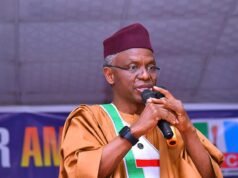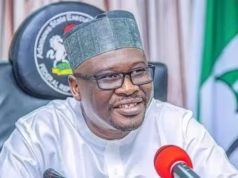In a sweeping reform, the Federal Government has officially renamed all Federal Science and Technical Colleges (FSTCs) to Federal Technical Colleges. This change will take effect in the coming 2025/2026 academic year, signalling a broader overhaul of technical education across Nigeria. The announcement was made public via an official statement on 10 September 2025 by Dr Maruf Tunji Alausa, the Minister of Education, alongside Prof. Suwaiba Sa’id Ahmad, the Minister of State for Education.
This name change isn’t cosmetic alone; it forms part of a larger project titled “Driving Skills, Shaping Futures”, which aims both to simplify what students learn and enhance technical training so that graduates emerge with skills immediately relevant to today’s industry. By renaming FSTCs and modernising their curricula, the government is staking a claim on boosting employability among youth and closing the gap between technical education and the needs of the workforce.
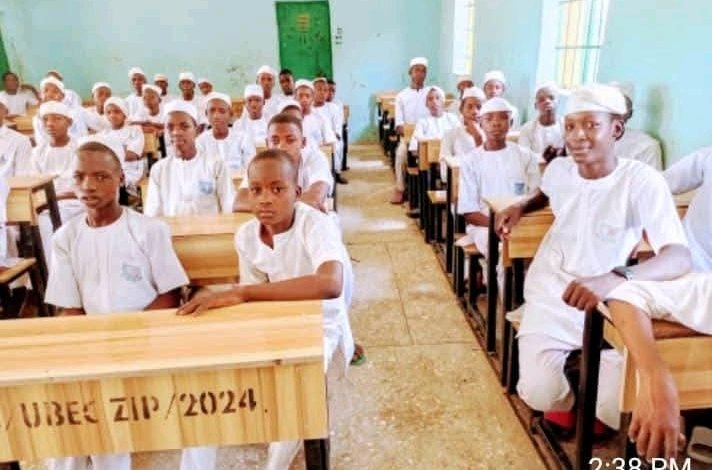
Table of Contents
Streamlined Curriculum, Trade Skills & Subject Load Reduced
Under the revamped system, each Federal Technical College will now offer between six and ten trade courses. Students will no longer be burdened with an overly heavy subject load; instead, they must take around nine to ten subjects, divided among:
- One trade course
- Five to six general subjects (such as Mathematics, English Language, Physics, Chemistry, Biology, and Citizenship & Heritage Studies)
- Two to three trade‐related subjects
- One elective
In total, 26 trade areas have been updated to reflect industry demands. Examples include Solar PV Installation and Maintenance, Computer Hardware & GSM Repair, Fashion Design & Garment Making, Beauty Therapy & Cosmetology, Leatherwork, Creative Media, Mechanised Agriculture, Welding & Fabrication, Livestock Farming, Automobile Mechanics, and Furniture Making.
The aim is to ensure that what students learn aligns closely with jobs that exist now—and are likely to exist in the near future—rather than training them for roles that no longer matter.
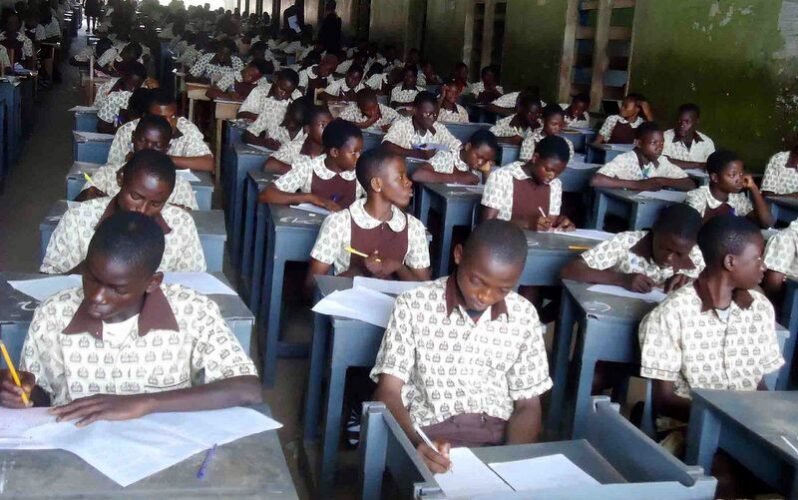
Cultural Identity & Civic Education Under New Subject: Citizenship and Heritage Studies
A striking feature of the reform is the introduction of Citizenship and Heritage Studies. This subject combines elements of Nigerian History, Civic Education and Social Studies with the express purpose of nurturing national identity, values, and cultural awareness among students. It is meant to complement technical training, ensuring that learners are not only skilled but grounded in their heritage and social responsibilities.
Additionally, History has been reinstated as a compulsory subject from Primary 1 through Junior Secondary School 3 (JSS 3). The reinstatement reflects a belief that understanding one’s past is essential to building a cohesive society. The education ministry emphasises that reducing the workload of students—removing overlap, optimising learning pathways—is essential for better outcomes.
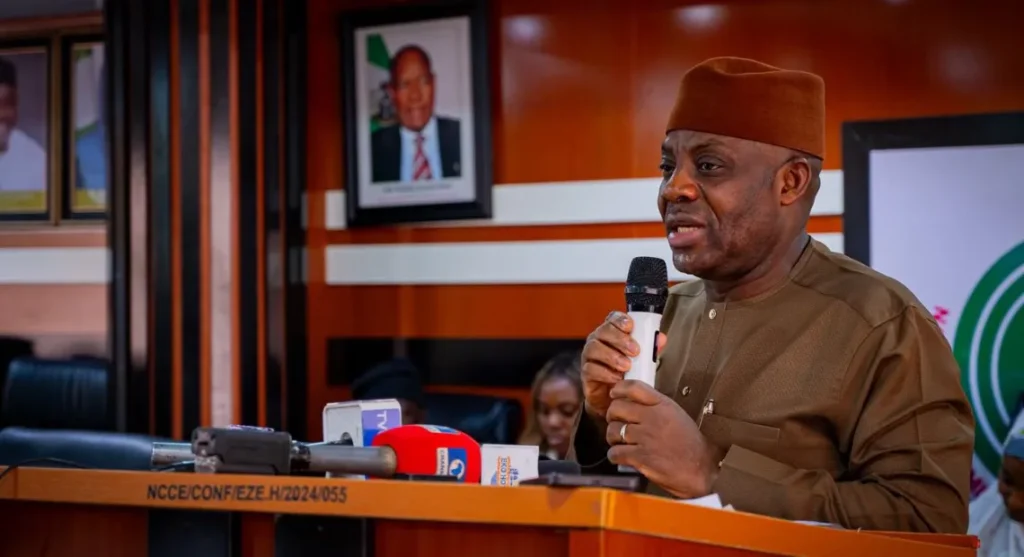
Reform in Line with Renewed Hope, Aims & What To Expect
These changes fall under President Bola Ahmed Tinubu’s Renewed Hope Agenda, a policy set aiming to drive economic growth, youth empowerment, and sustainable development. The government has made clear that technical education is at the heart of these ambitions—preparing young Nigerians not just for employment, but for contribution to an economy targeted for significant expansion by 2030.
To smooth the transition, the Federal Ministry of Education has promised support for schools, teachers, parents, and learners. A detailed guide outlining the new trade courses, subject distributions, and implementation steps has been published. This guide will help ensure schools know what is expected, students understand their options, and teachers are equipped to deliver the new curriculum.
For many students and parents, this reform represents hope. Fewer subjects should mean less stress; clearer paths mean greater chances of entering trades that pay. For the country, the bet is that a stronger technical workforce will drive innovation, increase competitiveness, and help build a more resilient economy.
Join Our Social Media Channels:
WhatsApp: NaijaEyes
Facebook: NaijaEyes
Twitter: NaijaEyes
Instagram: NaijaEyes
TikTok: NaijaEyes
READ THE LATEST EDUCATION NEWS



